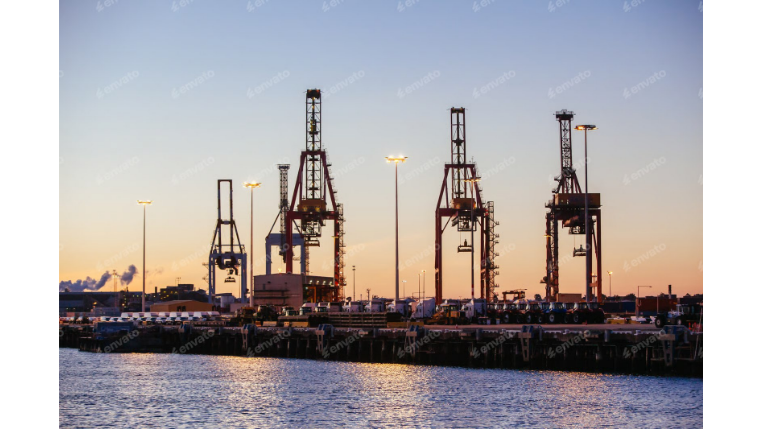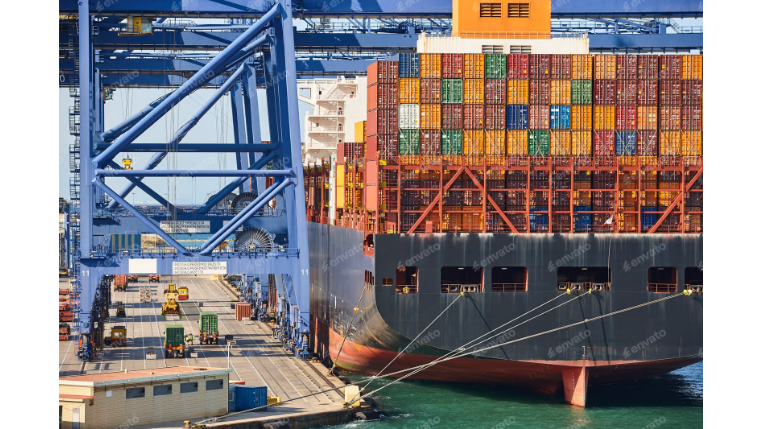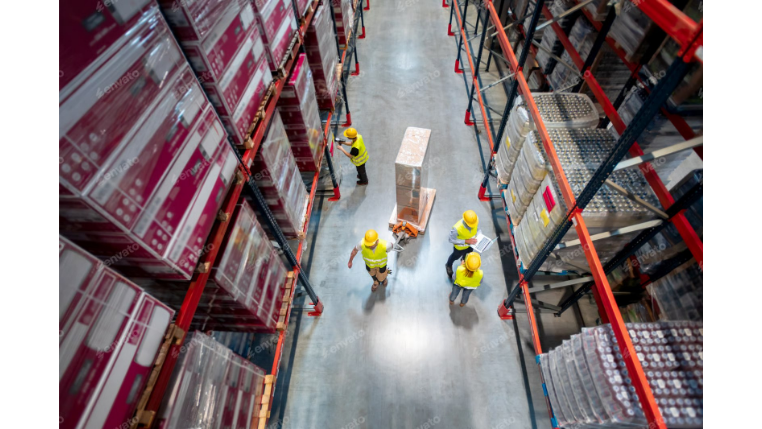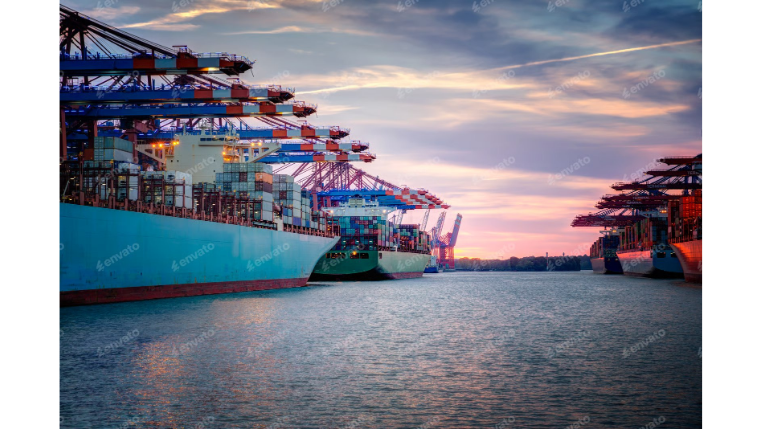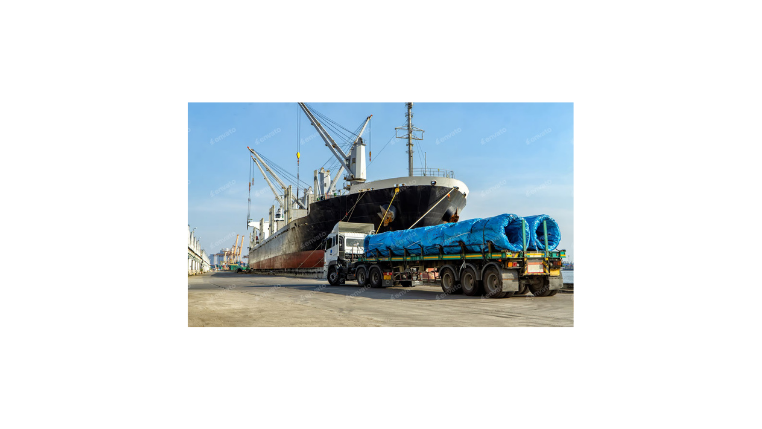The Current Landscape: A Call for Smarter Supply Chains
The modern supply chain is a complex, global web connecting manufacturers, suppliers, logistics providers, and retailers. In today's volatile market, companies face a host of challenges, including:
- Sudden fluctuations in consumer demand.
- Unexpected supply and transport disruptions.
- The critical need for real-time, end-to-end visibility.
These challenges have made it clear that traditional methods of supply chain management are no longer sufficient. To stay competitive, businesses are increasingly turning to advanced technologies like artificial intelligence (AI) to streamline operations, increase efficiency, and make smarter decisions. AI offers the potential to transform supply chains by providing deep insights through data analytics, automating repetitive tasks, and vastly improving decision-making processes.
AI-Powered Predictive Analytics
One of the most powerful applications of AI in the supply chain lies in predictive analytics. By leveraging machine learning algorithms, companies can move from being reactive to proactive.
More Accurate Demand Forecasting
Predictive analytics powered by AI can forecast demand with remarkable accuracy. By analyzing vast amounts of historical sales data, market trends, and even external factors like weather patterns or social media sentiment, AI algorithms can identify patterns and predict future consumer behavior more effectively than any traditional method. These insights allow companies to:
- Optimize inventory levels to avoid costly overstocking or sales-killing stockouts.
- Reduce waste by aligning production with real-world demand.
- Improve overall operational efficiency and profitability.
Proactive Supply Chain Risk Management
AI can significantly enhance risk management by providing real-time insights to identify potential threats. These systems can monitor global factors like geopolitical events, natural disasters, and supplier performance to anticipate disruptions and help develop contingency plans. This proactive approach not only minimizes the impact of disruptions but also enhances the overall reliability of the supply chain.
Automating Logistics and Delivery with AI
AI is revolutionizing logistics by automating complex processes and creating a more efficient, self-managing delivery network.
Real-Time Route Optimization
AI-driven systems can optimize delivery routes in real-time. Unlike static routes planned at the beginning of the day, these systems continuously analyze factors such as traffic congestion, weather conditions, and new delivery schedules. This ensures that every delivery is made in the most timely and cost-effective manner possible, reducing fuel consumption and improving on-time performance.
The Rise of Autonomous Fleets
Autonomous vehicles and drones powered by AI are becoming increasingly prevalent in logistics operations. From automated warehouse forklifts to self-driving trucks for long-haul routes, automation is enhancing efficiency at every step. By automating these tasks, companies can:
- Reduce human error.
- Lower operational costs.
- Improve delivery speeds and reliability.
Enhanced and Intelligent Inventory Management
AI-driven inventory management systems provide a level of precision and real-time visibility that was previously impossible.
These advanced systems analyze sales data, seasonal trends, and promotional activities to predict demand with incredible accuracy. This not only improves operational efficiency but also reduces carrying costs and minimizes the risk of stockouts. By leveraging AI, companies can ensure that the right products are in the right place at the right time, enhancing customer satisfaction and loyalty.
Creating an AI-Driven Customer Experience
AI technologies are also transforming the customer-facing side of the supply chain by providing personalized and efficient services.
Personalized and Proactive Communication
AI-powered chatbots and virtual assistants can handle customer inquiries 24/7, process orders, and provide real-time updates on shipment status, enhancing the overall customer experience.
Data-Driven Insights
Beyond simple inquiries, AI can analyze customer feedback and purchasing behavior to offer personalized product recommendations and promotions. This drives customer engagement and fosters long-term loyalty. By leveraging AI, companies can provide a seamless and personalized experience that meets the evolving expectations of modern consumers.
Future Challenges and Considerations
While AI offers numerous benefits, its adoption also presents several challenges that businesses must consider:
- Infrastructure and Training: Companies need to invest in the necessary data infrastructure and employee training to effectively implement AI technologies.
- Data Privacy and Security: AI systems rely heavily on data, making privacy and security critical considerations.
- Ethical Use: Businesses must address ethical considerations related to AI, ensuring that the technology is used responsibly and transparently.
By proactively addressing these challenges, businesses can harness the full potential of AI to transform their supply chains and achieve sustainable growth.


